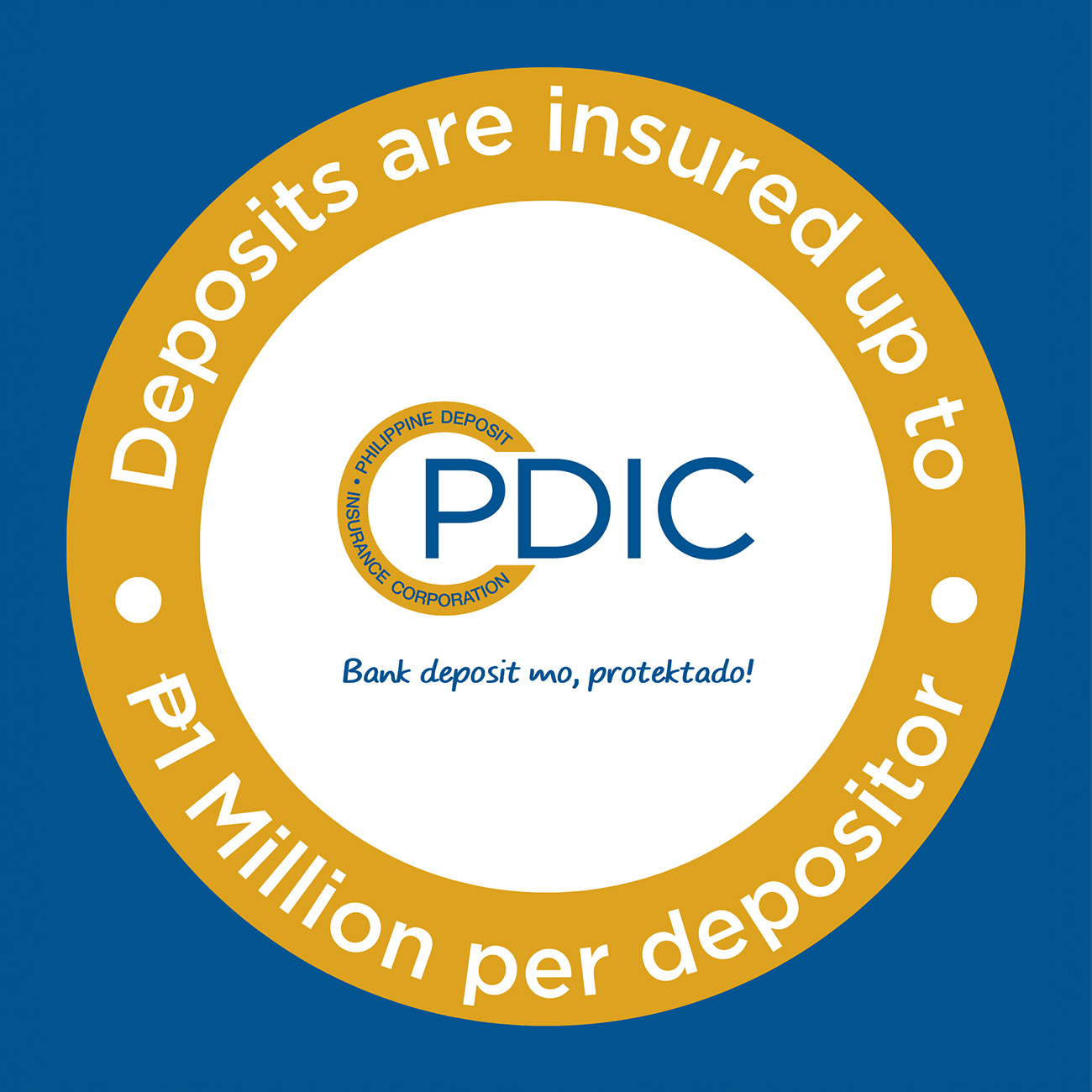Environmental, Social, and Governance (ESG) integration for financial benefits can advance a company’s performance. Ethical considerations are impacting your business’ risk management strategy, financial performance, and long-term profitability.
As the world continues to prioritize sustainability for a better future, the Philippines plays its part by creating policies that incentivize businesses to embed sustainability at the center of their operations and corporate strategies.
When your company embraces ESG and incorporates it into its principles, you start to account for sustainability in your decision-making process. It can serve as a tool to guide your company’s investment strategies and operational policies. This approach can enhance corporate responsibility while also driving financial growth.
Companies that spearhead solutions against environmental concern are typically known for upholding strong ethical governance and promoting social well-being for a better future. As a result, they attract both investors and customers who prefer companies with sustainable practices.
Lowering Operational Costs and Improving Efficiency
A key financial benefit of ESG integration is cost reduction. Some sustainable business practices yield lower energy consumption, reduced waste, and more efficient resource utilization. This is because most companies invest in energy-efficient technology, renewable energy, and effective supply chains for long-term savings on operational expenses.
Aside from the practices mentioned above, the tax benefits and regulatory incentives that the Philippine government has crafted to encourage businesses to adopt ESG initiatives also improves the overall financial outlook of the business.
Enhanced Risk Management and Business Resilience
ESG principles don’t just bring about financial benefits. They can also help your business adapt quicker to the risks associated with regulatory changes, social issues, and climate change. The strong foundation you build can protect your company from compliance issues, legal penalties, or reputational damage.
Additionally, the ESG systems you implement, which allow you to minimize consumption while maximizing resources and ensuring compliance with regulations, make your business more resilient to sudden economic downturns.
Increased Investor Confidence and Access to Capital
Comprehensive ESG commitments tend to draw investors in due to their stability. ESG-compliant companies tend to attract long-term investors, reduce capital costs, and secure higher credit ratings – a trend that reflects the growing recognition that ESG integration of financial benefits translates into tangible economic gains.
Sustainable investment opportunities such as green bonds and ESG-linked financing also provide businesses with alternative ways to raise capital.
Competitive Advantage and Customer Loyalty
Modern consumers now prefer brands that are going the extra mile for the world. They tend to put their loyalty to brands that align with their values. This is why companies that actively communicate their ESG initiatives and practice sustainability attract today’s consumers.
Brands that champion sustainability are seeing better customer retention and a higher market share. Businesses that prioritize gender equality, fair labor practices, and ethical sourcing also build stronger reputational foundations, which can help them gain a competitive edge in their industry.
Financial institutions play a pivotal role in helping businesses achieve their sustainability goals. Many banks now prioritize ESG-linked financing opportunities, offering preferred loan rates and investment options to companies that meet sustainability criteria.
For businesses who want to adopt ESG principles, exploring sustainable banks in the Philippines can be an excellent way for them to secure the funding they need to move their goals forward.
The financial advantages of ESG integration go beyond cost savings and risk mitigation. Companies that integrate ESG principles into their core strategies experience:
- Higher Stock Performance – Historical data shows that ESG-focused companies outperform their peers in the stock market as investors recognize their long-term growth potential.
- Stronger Employee Engagement – Organizations that prioritize social responsibility attract better talent and maintain higher employee retention rates, which can reduce recruitment and training costs.
- Regulatory Compliance and Incentives – Governments worldwide are introducing policies that push the sustainable movement forward through tax incentives, grants, and funding opportunities.
By aligning your corporate strategies with sustainability principles, you can build long-term financial resilience and increase the value of your company.
Companies that integrate ESG into their business models contribute to a greener economy while ensuring financial security. Reducing your business’ carbon footprint, fostering an ethical work environment, and creating initiatives that push ethical operations are just the tip of the iceberg. Promoting sustainable practices requires constant work for more impactful business growth.
The benefits of ESG integration go beyond financial gains. It can also positively affect your company’s reputation and long-term success due to the trust you build, partnerships you attract, and innovations you spark.
As the shift towards a more sustainable future, corporations and organizations are leading by example through ESG integration. More companies are seeing how sustainability drives business value, which leads to more businesses championing sustainability.
Building Financially Secure Businesses Through ESG
Integrating ESG into your company’s foundations is key to securing its longevity. Aside from the financial benefits of ESG integration, the opportunities that these values bring are immense. The sustainable practices you implement may very well make your business more resilient while contributing responsibly to the economy.

Supporting Sustainability: Lessons from NGOs

3 Ways to Educate Yourself on Environmental Issues



